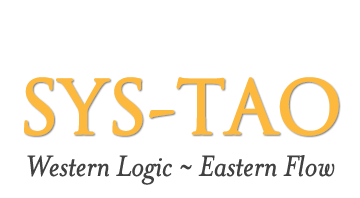
“Live, Love, Laugh, and Leave a Legacy”
Stephen Covey made this quote famous, and it was later used as a part of his own eulogy.
For nearly 500 years, the word “legacy” was used exclusively as a noun to signify a “gift” or “bequest” transmitted from one generation to another. The noun, legacy, carries a wholly positive meaning and represents an act of love, charity and care. Creating and preserving a legacy becomes the work of a lifetime, as it cannot be forged quickly and it certainly cannot be purchased. The great effort people put into “legacy building” testifies to its enormous importance.
The Paradox of Leaving a Legacy
However, the word legacy now has a secondary and more recent meaning. According to the Oxford English Dictionary, since 1990, legacy can also be used as an adjective; used in this way, legacy loses its positive connotations. When legacy modifies a noun, it contains a much more insidious meaning, referring to an old or outdated system of little or no value. We see this sense of legacy in the world of technology — when we confront “legacy” systems that no longer have any use or apparent application. As an adjective, legacies become expendable, harmful, embarrassing, and even unsightly.
So, as we confront our legacies, we need to stop and ask a couple of simple questions:
Is the legacy a noun or an adjective?
How do you view it?
Do you see it as a noun, worthy of preservation, celebration and emulation – something living, dynamic and vital? Or do you view it as an adjective and part of a system that has no purpose for your current intellect and imagination? It is difficult to resist the tendency to make right or true that which is merely familiar, and to make wrong or false that which is only strange.
Changing your mind is hard.
Changing your habits is harder.
Changing an organization’s culture is even more difficult.
The legacy described in my book, Sys-Tao, is a noun. It is an emerging leadership philosophy that can transform legacy (adjective) points of view. But, just as quantum physics transformed the physics of Newton, not all scientists were at first able to adapt their own legacy points of view. In this same way, traditional leaders might view Sys-Tao as heresy, “a legacy culture of Great Plains” that must not be allowed to interfere with their own legacy points of view.
Max Planck, the originator of the “quantum theory,” offered the so called Planck’s Principle: “A new scientific truth does not triumph by convincing its opponents and making them see the light, but rather because its opponents eventually die and a new generation grows up that is familiar with it.”
So why is it that new legacies (nouns) are so often disruptive and legacy (adjectives) beliefs are so difficult to let go? Could it be that large organizations have a vested interest in maintaining their established ways? (After all, they have far more to lose and much more to protect.) And, could it also be that we human beings are slow to let go of our legacy beliefs, or to modify our legacy habits, partly because of the legacy culture of the organizations we inhabit? Why do you think Planck’s Principle might be true?

